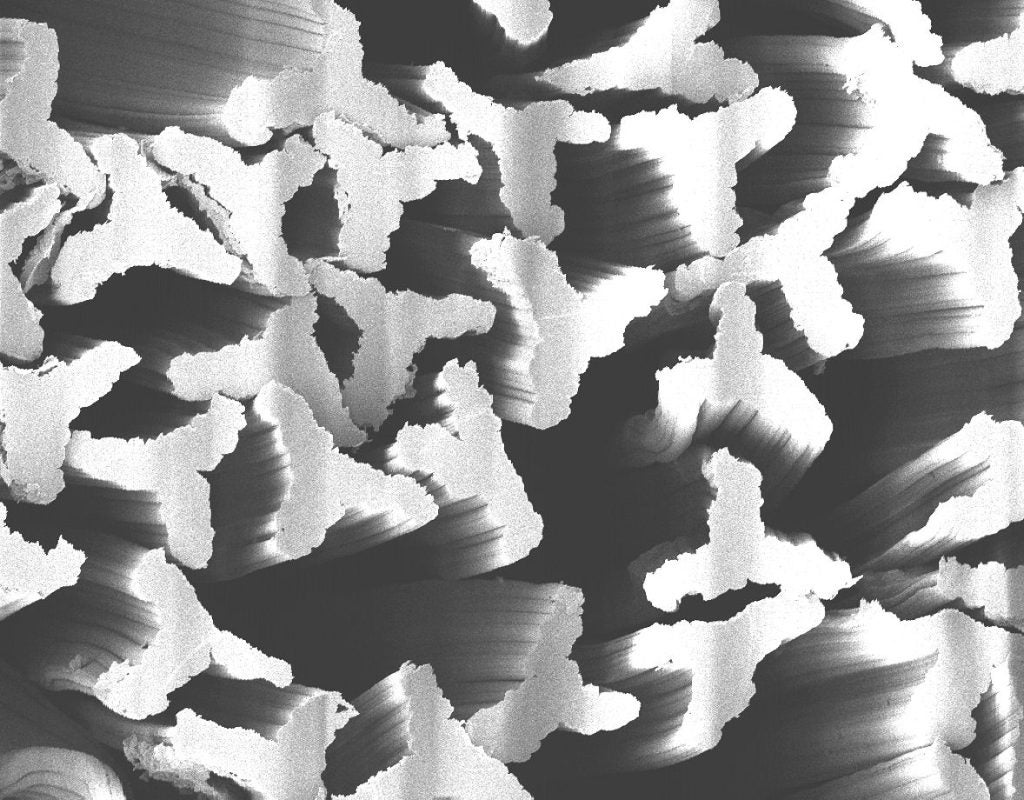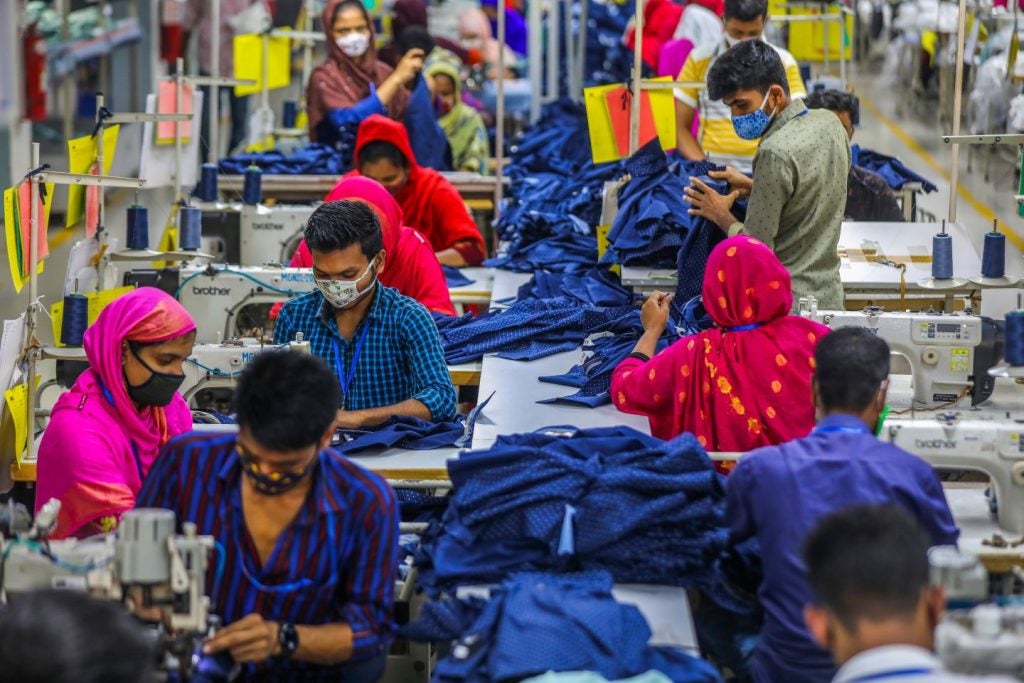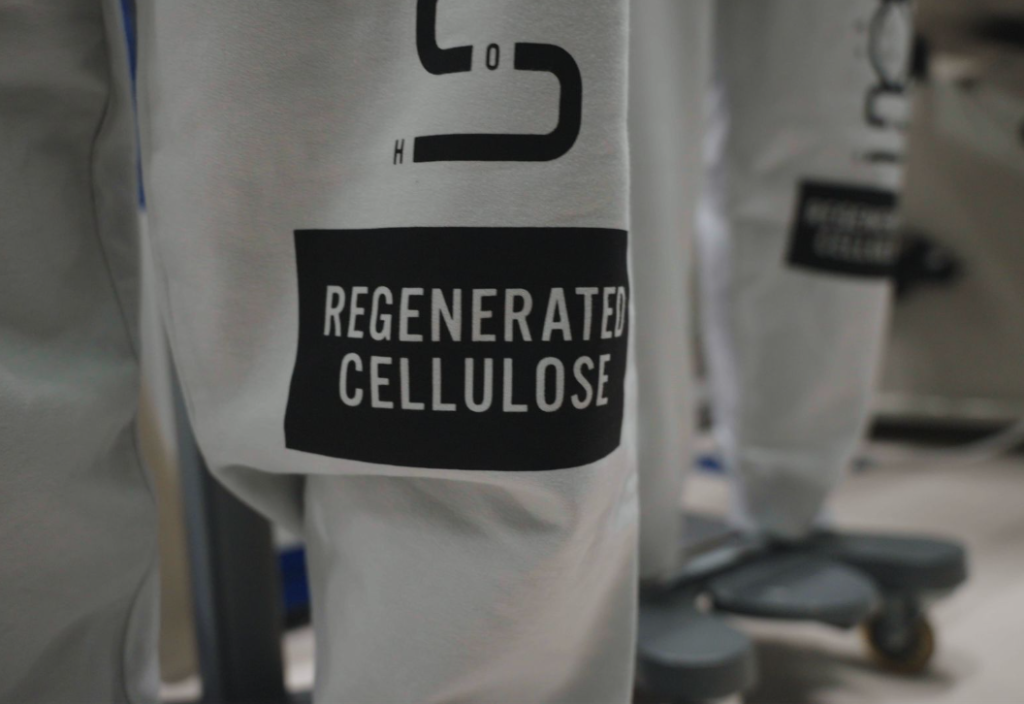The various viscose fibres used in the period underwear solution - an eco-friendly contribution to the product - will be sourced from Kelheim Fibres and Gebr. Otto will take on the role of spinning them into appropriate compositions.
Andreas Merkel, managing director of Gebr. Otto added: "Based on the requirements and test results Kelheim has determined for the various layers, we develop our yarn blends. We can promptly supply the desired yarns for short-term requests, including special inquiries from lingerie brands."
The complexity of crafting period underwear, with its multiple layers serving distinct functions, is described as being similar to solving a puzzle. From the top sheet's liquid absorption to the acquisition-distribution layer's (ADL) role in preventing leakage, each component plays a crucial role.
Kelheim's speciality fibres and Otto's matched yarn types are said to have “solved the puzzle” by creating a prototype that “outperforms” conventional solutions in areas such as liquid absorption speed, capacity, and rewet values.
The top sheet is made with Danufil fibre a standard viscose material with a cloud-shaped cross-section. under that is the Galaxy fibre on the Acquisition distribution later for liquid transportation and distribution. The absorbent core is formed with a hollow fibre called Bramante which is used to store liquid, even under pressure.
The two German company's partnership also enables a short supply chain. "Short supply chains are not only environmentally friendly but also crucial for compliance with supply chain laws and product responsibility,” explained Dr. Marina Crnoja-Cosic, director of new business development at Kelheim Fibres. “Regional partnerships like the one with Gebr. Otto ensures that our supply chain is transparent and efficient, ultimately leading to a more sustainable future.”
With the average woman consuming around 15,000 hygiene products in her lifetime, there is an urgent need to tackle the environmental repercussions of disposable items.
It is understood plastic components of these products can take up to 500 years to decompose, breaking down into smaller and smaller pieces over time.
Recognising this challenge, the trend towards sustainable feminine hygiene products, both disposable and reusable, has been steadily gaining momentum in recent years.
Kelheim Fibres and Gebr. Otto are championing sustainability by reimagining period underwear as “comfortable, high-performing, and sustainable as possible.”
They are expected to exhibit their joint concept at the BW-i joint stand and the IVGT joint stand, both located in Hall 12.1 at Techtextil exhibition, in Frankfurt at the end of April 2024.
















